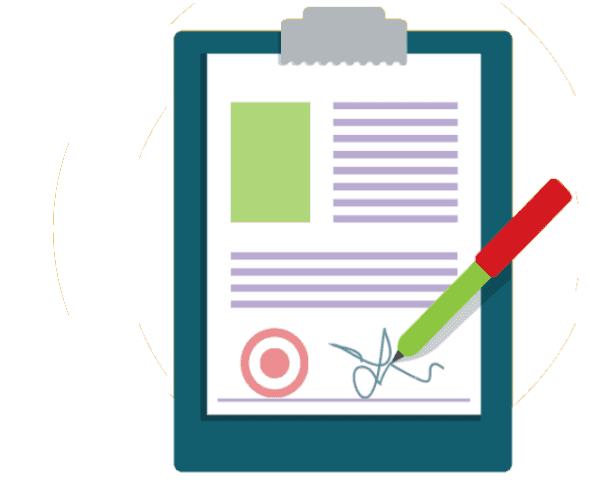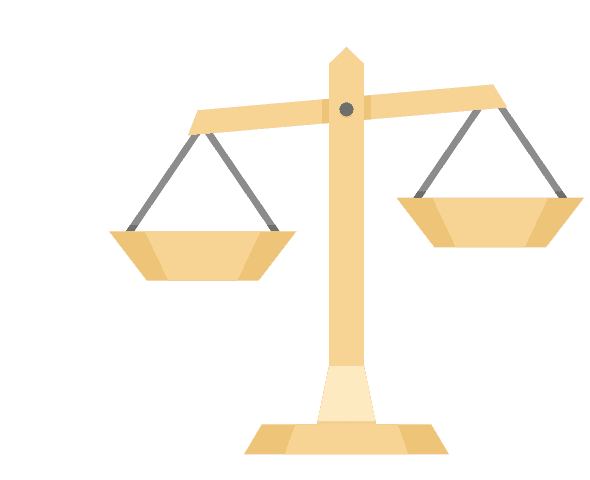The answer is true! Many self-employed individuals assume that getting a mortgage is out of their reach. This misconception is largely due to anecdotal experiences from people trying to borrow from traditional banks, which may not be familiar with the unique needs of self-employed individuals. At Homewise, we work with over 30 banks and lenders to find the best mortgage options that meet the needs and requirements of Canadians who own and operate their own businesses. This not only aims to get you approved but also to secure the best mortgage available.
Verify Your Income
One of the biggest challenges for self-employed individuals is proving to lenders that they have a stable source of income. Typically, lenders require at least two to three years of tax documents and will often assess your eligibility based on the lowest income year if they notice a fluctuating income pattern. This can significantly limit borrowing potential if your earnings vary significantly from year to year. At Homewise, we specifically work with lenders who offer "stated income" programs, which allow borrowers to apply for a mortgage without traditional income verification methods, helping to maximize their home affordability.
Gather the Necessary Documents
Self-employed individuals must be organized and prepared to provide additional documentation to prove their eligibility. All mortgage applicants need to provide proof of ID, their T1 General, T4, Notice of Assessment, pay stubs, and their credit report.
For self-employed individuals, additional documents are required to demonstrate income stability and business legitimacy. Being well-prepared with these documents can help streamline the mortgage approval process and improve your chances of securing a mortgage. The additional documents include:
- Proof of Self-Employment: Business registration and/or articles of incorporation to legally establish the business entity.
- Business and Financial Statements: Profit and loss statements, income statements, and balance sheets for the past two years.
- Bank Statements: Recent personal and business bank statements to show cash flow and account balances.
- Client Contracts and Invoices: Contracts with clients and recent invoices to demonstrate ongoing or future income.
- Additional Tax Documentation: T4A slips, if applicable, which show the amount of income earned and any deductions for the year.
Maintain Strong Credit
When you’re self-employed, expectations are higher among lenders, as self-employed income is often seen as less predictable. That’s why it’s essential to exceed their expectations. One way to do that is by maintaining a strong credit score. Self-employed applicants need to keep debt low and pay off any credit card debt on time. Regularly monitoring your credit report for errors and addressing any discrepancies can also improve your creditworthiness. Having a strong credit score can help offset some of the uncertainties associated with fluctuating income and enhance your eligibility to lenders.








